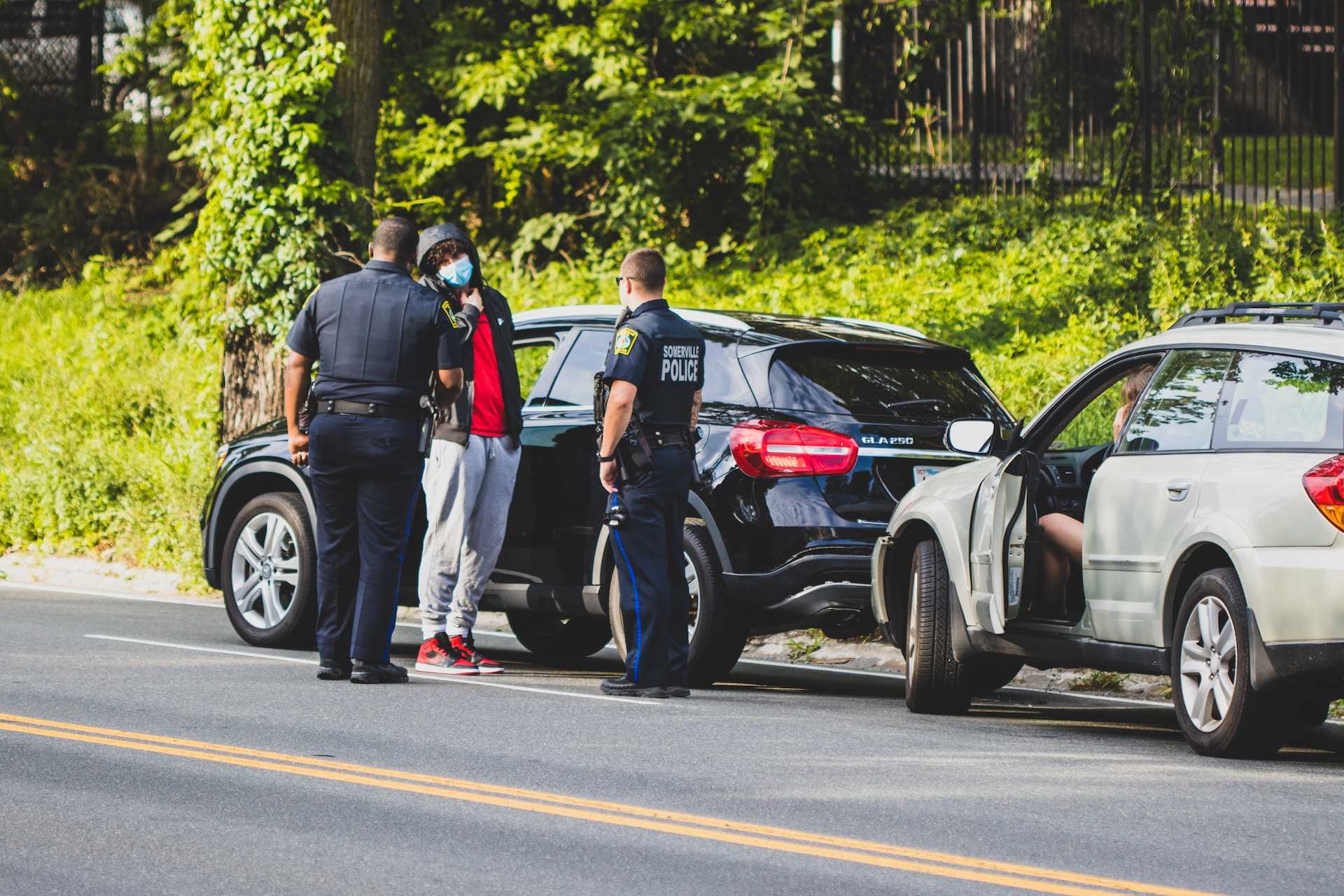
4 Common Vehicular Accident Injuries
Vehicular accidents can cause life-changing damage to their victims. While no one wants to get involved in these highly traumatic incidents, understanding the different car accident injuries can significantly help you secure the best medical treatment that suits your situation. Here are four common injuries you can sustain after a vehicular collision and a few road safety tips.
Spinal cord injuries
Spinal cord injuries are critical injuries that require urgent medical care. While most symptoms may be noticeable right after the vehicular collision, some may not manifest after a few days. Some emergency symptoms to watch out for include trouble in balance, extreme pressure in the neck or back pain, loss of hand feelings, loss of body control, a twisted back or neck, loss of bowel or bladder control, and difficulty breathing. Seek medical help immediately if you experience any of these symptoms, as spinal cord injuries, if left unaddressed, can lead to irreversible damage to various body functions.
Whiplash
Whiplash is another common vehicular accident injury. This type of injury happens when the neck is forcibly snapped backward, then forward, or vice versa. Accident whiplash injuries can cause severe damage to the muscles, facet joints, tendons, discs, and ligaments in the neck. Some whiplash injury symptoms include numbness or tingling in the arms, headaches, neck pain, dizziness, fatigue, blurred vision, ringing in the ears, and sleep disturbances.
Traumatic brain injury
Another common injury following a car accident is traumatic brain injury (TBI). It is the damage to the brain caused by a jolt or blow to the head. While the effects of this injury are usually mild, some TBI instances can lead to permanent damage, not only physically but also emotionally and mentally.
Post-traumatic stress disorder
Post-traumatic stress disorder (PTSD) is one of the most common aftereffects of a car accident, which is often overlooked by the victims. Since this injury type doesn’t have physical symptoms, it can be challenging to diagnose and address.
Some symptoms of PTSD include difficulty concentrating, engaging in destructive behavior, difficulty sleeping, loss of interest in activities, negative thoughts, and feeling socially isolated. If you’re experiencing any of these symptoms, reach out for professional help immediately.
How to stay safe while on the road?
Driving safely safeguards you, your passengers, and other road users. Here are a few road safety tips that can help reduce the possibility of a vehicular accident.
Be mindful of your surroundings
While you must always keep your eyes on the road, you should also pay attention to your surroundings. Regularly scan your car mirrors, and be alert to sudden road condition changes and the driving activity of other drivers.
Maintain a safe distance
Maintaining a safe distance from other vehicles can significantly decrease the chances of a collision. Ideally, you should keep a three-second behind the car in front of you and increase it when driving on gravel or wet roads.
Follow the speed limit
Speed limits are designed for a reason, as speeding often results in vehicular accidents. Always stick to the speed limit and slow down when traveling in poor road or weather conditions.

 Banco4 years ago
Banco4 years ago
 Gaming3 years ago
Gaming3 years ago
 Social Media3 years ago
Social Media3 years ago
 Indonesia4 years ago
Indonesia4 years ago
 Filmora4 years ago
Filmora4 years ago
 Education1 year ago
Education1 year ago
 Indonesia3 years ago
Indonesia3 years ago
 Education4 years ago
Education4 years ago

You must be logged in to post a comment Login